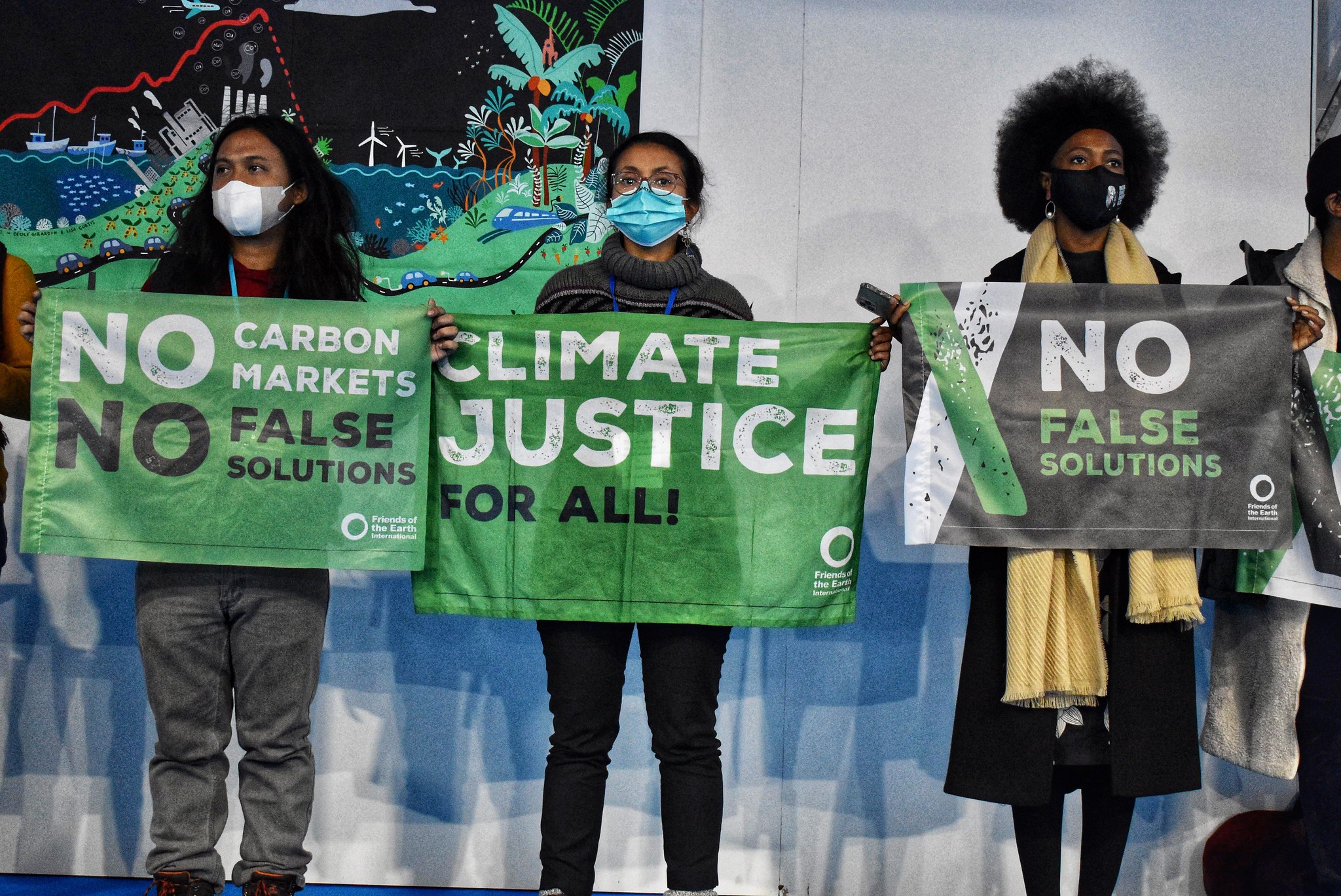
IPCC climate report shows urgent need to end fossil fuels
Environmental campaigners have said that the latest UN climate report makes clear that governments must say no to new fossil fuels and tackle an economic system that is speeding us towards climate breakdown.
The Intergovernmental Panel on Climate Change (IPCC) – the UN body responsible for climate science – published its Synthesis report today, capturing the latest findings from its 6th round of Assessment Reports on the Physical Science Basis, Impacts, Adaptation and Vulnerability and Mitigation of Climate Change, and the three preceding Special Reports including 2018’s Global Warming of 1.5C.
These reports help inform climate campaigners and shape government climate action around the world. The IPCC carries out its Assessment Report in cycles spanning several years meaning the next time they will issue such reports could be towards the end of this decade when the world hopes to be in a very different place.
Friends of the Earth Scotland Head of Campaigns Mary Church said,
“Today’s UN report is another stark warning that the chances of avoiding 1.5°C are shrinking fast. Deep emissions cuts are needed now, and the message at the heart of this latest assessment is that we must say no to all new oil and gas projects, put an end to fossil fuel subsidies and urgently start delivering a just transition for impacted communities.
“The science is unequivocal in warning that the impacts of climate breakdown are happening sooner and are more devastating than previously thought, and of the irreversible impacts of going beyond 1.5°C.
“However, in assuming varying degrees of overshooting the critical 1.5°C threshold, many of the pathways set out in this report are simply untenable and show the political battles that are being fought around how to act on the science.
“What’s crystal clear is that this crisis is being driven by corporations who are profiting from climate catastrophe and over-consumption by the rich, particularly in the global north. Despite the bleak findings of today’s report, hope remains because the science also shows that another world, with decent standards of living for all, is still possible within the remaining carbon budget. But only if we rapidly phase out fossil fuels, and wealthy countries responsible for driving the climate to the brink start doing their fair share of action.
“The Scottish Government must heed the science, live up to its own rhetoric on justice and end its fixation with the dodgy technologies like carbon capture that are being pushed by industry that would gamble with life on earth for the sake of squeezing out every last drop of oil, and urgently get on with delivering a just transition to a renewable energy economy.”
Carbon removal is founded on the idea that carbon dioxide which has already been emitted can be removed from the atmosphere using nature-based methods like tree planting, or engineered methods like Carbon Capture and Storage (CCS) or Direct Air Capture (often combined with CCS as DACCS). Friends of the Earth International’s research has shown the myriad problems with nature based removals: such projects spell landgrabbing and rights violations, mainly of vulnerable communities in the Global South, and are set to worsen the climate crisis, not solve it.
Overshoot is the idea that we can breach the 1.5 degrees warming guardrail set in the Paris Agreement, and then use carbon removal to stabilise temperature rise and reduce back down to 1.5 degrees over time. The IPCC itself warns in the synthesis report that “Overshoot entails adverse impacts, some irreversible, and additional risks for human and natural systems, all growing with the magnitude and duration of overshoot.”
Hemantha Withanage, Chair of Friends of the Earth International, added:
“In my country, Sri Lanka, the impacts of climate change are being felt now. We have no time to chase fairy tales like carbon removal technologies to suck carbon out of the air. The IPCC evidence is clear: climate change is killing people, nature and planet. The answers are obvious: a fair and fast phaseout of fossil fuels, and finance for a just transition. The fantasy of overshooting safe limits and betting on risky technofixes is certainly not a cure for the problem.”
ENDS
NOTES TO EDITORS
The IPCC’s AR6 Synthesis Report and Summary for Policy Makers is available at: https://www.ipcc.ch/site/assets/uploads/2023/03/IPCC_AR6_SYR_PressRelease_en.pdf
Friends of the Earth Scotland is:
* Scotland’s leading environmental campaigning organisation
* An independent Scottish charity with a network of thousands of supporters and active local groups across Scotland
* Part of the largest grassroots environmental network in the world, uniting over 2 million supporters, 73 national member groups, and 5,000 local activist groups.
